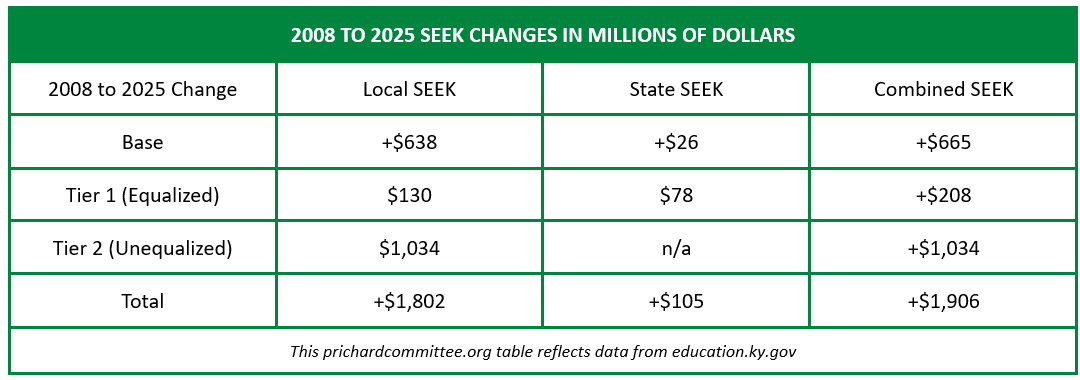As part of its commitment to showcasing the transformative power of education, the Prichard Committee has released a series of videos titled "Education Is." This series highlights the importance of the work being done around education in the state and the impact that education has on lives across Kentucky. These videos demonstrate how education has enhanced the lives of Kentuckians. Watch them here.
Hear the stories of how education is building a path to a larger life for Kentuckians.
Prichard Committee member Bill Wilson shares his story about the impact education has had on his life and his life’s work in education.
April Draine, a Commonwealth Institute of Parent Leadership fellow, shares her story about the impact education had on her life.















